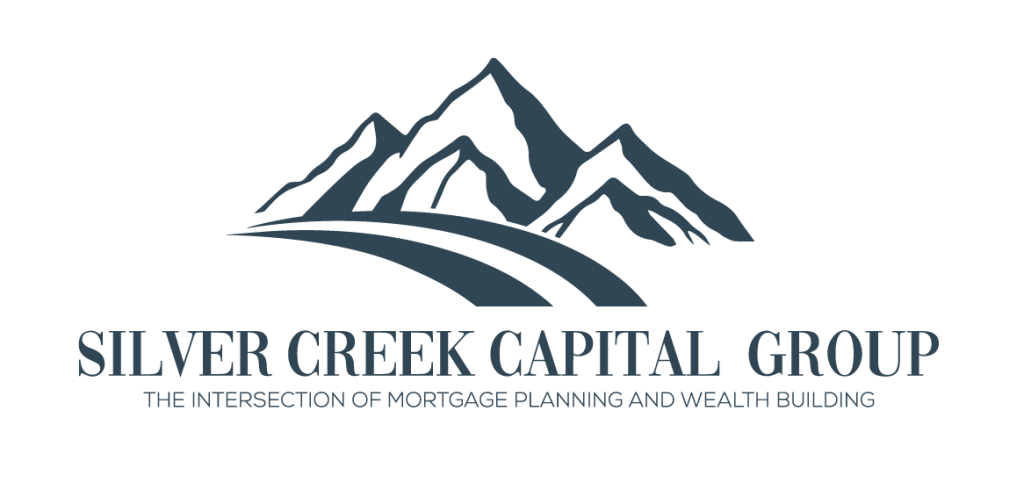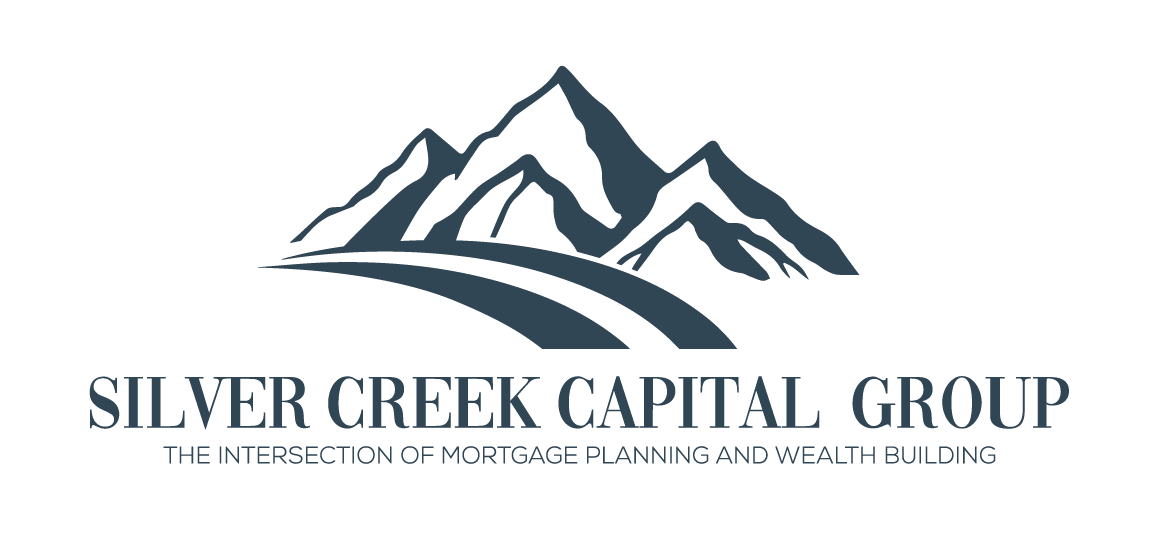Special Programs
Special Programs
- A Debt Service Coverage Ratio (DSCR) loan is a financial tool used in real estate financing. It assesses a borrower's ability to meet debt obligations by comparing their property's income to loan payments. A higher DSCR indicates lower default risk, making it a critical factor for lenders in property investment.
- A Non-Warrantable condo mortgage is a loan for condominiums that do not meet conventional lending criteria. These condos may have unique ownership structures, litigation issues, or insufficient financial reserves. Such mortgages often have higher interest rates and stricter approval requirements, as they pose greater risks to lenders.
- A bank statement mortgage is a type of home loan where applicants provide bank statements instead of traditional income documents. Typically used by self-employed or gig economy workers, it evaluates cash flow from these statements to determine eligibility, making it easier for those with non-traditional income sources to secure a mortgage.
- An offset or all-in-one loan combines a mortgage, savings, and checking accounts into a single financial arrangement. Homeowners can deposit their income and savings into the linked accounts, effectively reducing the mortgage balance, and thereby, the interest paid. This type of loan allows for better interest savings and can shorten the loan term. It's a versatile financial tool that optimizes funds and minimizes interest costs, making it a valuable option for efficient wealth management.
- A mortgage bridge loan is a short-term financing option used to bridge the gap between the purchase of a new home and the sale of the existing one. It provides funds for the down payment, enabling homeowners to secure a new property while awaiting the sale of their current one.
- A construction loan, whether one-time close or two-time close, finances the construction of a new home. The one-time close combines the construction and permanent mortgage into a single loan, simplifying the process with a single set of closing costs. In contrast, a two-time close involves separate loans for construction and permanent financing, with a second closing upon project completion. Both options provide funding for construction but differ in their complexity and payment structure.
- An FHA 203(k) renovation loan and Fannie Mae renovation loan are financing options that enable homebuyers and homeowners to purchase or refinance a property while including renovation costs in the loan. The FHA 203(k) program, backed by the Federal Housing Administration, offers a flexible and accessible solution with a low down payment requirement. Fannie Mae's Homestyle Renovation loan, on the other hand, is a conventional mortgage that provides similar benefits, but with potentially lower interest rates for well-qualified borrowers. Both loans allow borrowers to finance home improvements, making it easier to fund renovations and increase property value.


